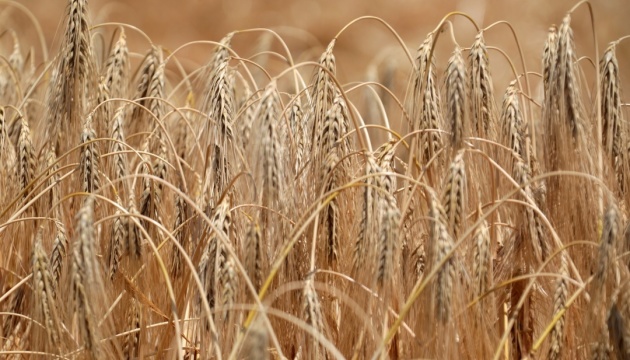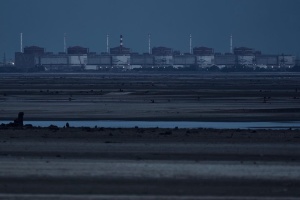
Ministers of five EU countries to discuss extension of ban on grain from Ukraine
Polish Minister of Agriculture Robert Telus said this in an interview with PAP on Thursday, Ukrinform reports.
"On July 19, we will have a meeting in Warsaw. We have also invited the Minister of Agriculture of Ukraine," Telus stated.
According to him, all EU countries neighboring Ukraine call on the European Commission (EC) to extend the ban on imports of Ukrainian grain until the end of the year.
He emphasized that Poland and other EU countries that have banned imports of Ukrainian grain "do not want to harm Ukraine".
"We do not want to harm Ukraine. We want to create tools that will allow Ukrainian products not to stay in Poland or in the border countries but to go deeper into Europe or outside Europe," the Polish minister stressed.
He noted that in the near future he will also talk about this topic with the Minister of Agriculture of Lithuania, which has not joined the countries that demand an embargo on Ukrainian grain.
Telus said that the EC's reluctance to extend the ban on imports of Ukrainian grain to five EU countries after September 15 is politically motivated. According to him, Brussels does not want to make such a decision before the parliamentary elections in Poland.
As reported, in May 2023, the EC banned imports of wheat, corn, rapeseed, and sunflower seeds from Ukraine to Bulgaria, Hungary, Poland, Slovakia, and Romania at the insistence of these countries. On June 5, the ban was extended until September 15, 2023.
Poland suspended the transit of Ukrainian agricultural products through its territory but resumed it on April 21.
Warsaw hopes that the ban on imports of Ukrainian grain will be extended beyond September 15 and that some other types of products from Ukraine will be added to the list of banned products.
One of Warsaw's arguments for banning imports of Ukrainian grain to Poland was the importation of technical grain, which was later sold as consumer grain, as well as the influx of large quantities of Ukrainian grain to the Polish market, which was causing Polish farmers to suffer.




